As Jigawa Governor between 2015 and May 2023, Abubakar Badaru ensured that the last non-indigene of Jigawa State working in the state civil service was sacked and replaced by indigenes of the state. In the case of teachers and doctors who could not easily be replaced, the vacancies were left unfilled.
The mass sack left thousands of citizens from neighbouring Kano, Katsina, Kaduna and other parts of Nigeria who were employed in Jigawa State Civil Service to lose their jobs.
Prior to the mass sack, which began in 2015 and completed by 2020, Jigawa had one of the worst profile of student/teacher ratio in Nigeria. It is 89 students to one qualified teacher, according to a 2014 data published on the state government website, which was later deleted. Hence, many public schools survived on the generosity of volunteers, interns doing teaching practice and members of the National Youth Service Corps (NYSC). With the mass sack, the situation became worse.
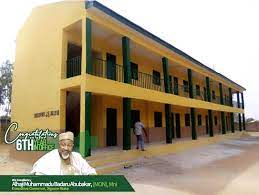
Ironically, the government of Badaru built and renovated several schools but fired their teachers for being non-indigenes. Those whose jobs were assured because they were sons and daughters of the soil, have become too overwhelmed to be effective. The dire situation has forced the current governor, Umar Namadi, to announce plans of recruiting 6,000 teachers.
How it started
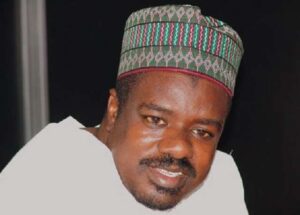
In 1999, the then Governor of Jigawa State, Alhaji Saminu Turaki, formulated the policy or recruiting competent workers from every part of Nigeria to fill available vacancies in the state.
Sule Lamido continued with the policy when he succeeded Turaki in 2007.
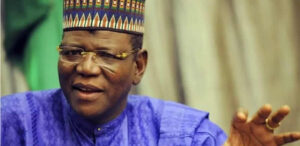
In 2008, an indigene of Kaduna State (name withheld) who had a Master’s Degree from the University of Lagos, benefited from that policy of the Jigawa State government. He was recruited as an Assistant Lecturer in the State’s College of Education in Gumel, and rose to become a senior lecturers until 2020 when he and other non-indigenes were sacked for not being Jigawa indigenes.
He told this newspaper that politicians in Jigawa who wanted to replace them with their own people, sold the idea to the governor when then fired all the non-indigenes. “What they did was that they compiled salaries of non-indigenes and told the governor that the money should be going to Jigawa people. Like in Jigawa State College of Education which I used to teach, they started by sacking nonacademic staff that were non-indigenes before firing every non-indigene in the school by the year 2020.”
Badaru learnt from T.A Orji
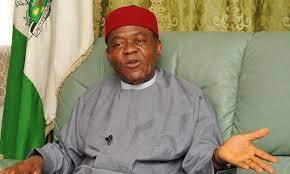
The sacking of non-indigenes is not peculiar to Jigawa state under Badaru.
In 2011, the former governor of Abia State, Theodore Orji, fired all non-indigenes employed in the state civil service. He said the decision was to cut cost and enable him implement the N18, 000 minimum wage at the time.
During the 5th Abia Think Tank lecture held in December 2011 in Lagos, he rationalized the action: “And this brings us to this indigenisation. I did not propose minimum wage. It was proposed and all the states bought into it to pay N18,000. Everybody agreed. You can’t go there and say you will not pay; if you come home, the workers will stone you to death.
“When I came back, I called my people to give me an idea on what to do.
“They said we should try to send some people away so that we can manage and pay this money.
“That was how it started. You know it was a very difficult decision to take. I think you people should be praising me for taking that decision. I did it to ensure that my people are happy. My primary assignment is Abia State before any other state.”
But its a breach of the Constitution
Discrimination is a violation citizens rights, for which he or she has the protection of the Constitution.
Section 42(1) of the 1999 constitution states:
A citizen of Nigeria of a particular community, ethnic group, place of origin, sex, religion or political opinion shall not, by reason only that he is such a person:-
(a) be subjected either expressly by, or in the practical application of, any law in force in Nigeria or any executive or administrative action of the government, to disabilities or restrictions to which citizens of Nigeria of other communities, ethnic groups, places of origin, sex, religions or political opinions are not made subject; or
(b) be accorded either expressly by, or in the practical application of, any law in force in Nigeria or any such executive or administrative action, any privilege or advantage that is not accorded to citizens of Nigeria of other communities, ethnic groups, places of origin, sex, religions or political opinions.
Human rights activist and chairman of Nigeria Bar Association Section on Public Interest and Development Law, Dr Monday Onyekachi Ubani, reechoes these letters and spirit of the Constitution by saying the sacking of any Nigerian on the basis of his non-indigene status is a violation of his right as a Nigerian. “When you are a citizen of Nigeria, no state in which you are gainfully employed should relieve you of your position and to even specifically mention that they are doing that because you are a non-indigene. That is purely discriminatory for which you can seek redress.”
Ubani, however, lamented the constraints of getting justice in Nigeria’s judiciary.
He said: “A man that is sacked doesn’t have the money to hire lawyer. He is looking for money to eat and knowing fully well how long the case will last.
“The government has all the instruments and they are ready to go to court with you. When you win at the Lower Court, they go on Appeal. That Appeal will take another ten years. If you win at the Appeal, the Supreme Court will take 30 years. So, by the time you spend how many years in the court, you may have to give up. So, they know what they are doing.”





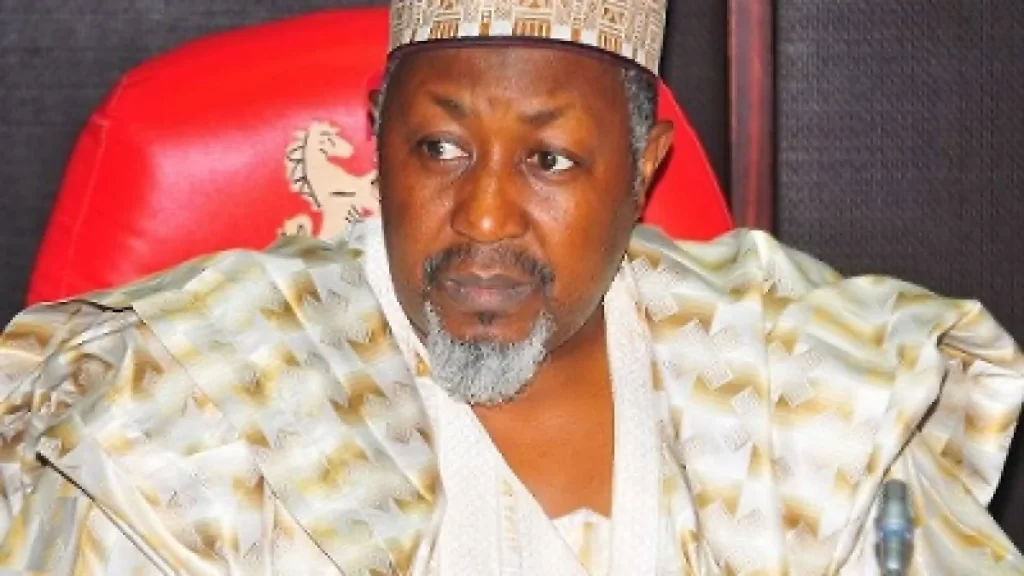

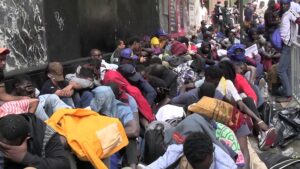
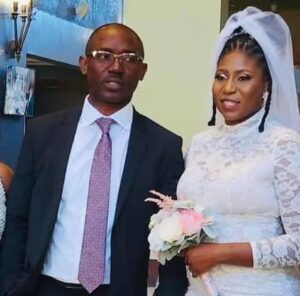

More Stories
Trump warns Putin to end the war in Ukraine or risk confrontation
Nigerians affected as Trump authorises raid on hospitals, churches, schools in search of undocumented immigrants
How my husband abandoned catholic priesthood to marry me, wife speaks